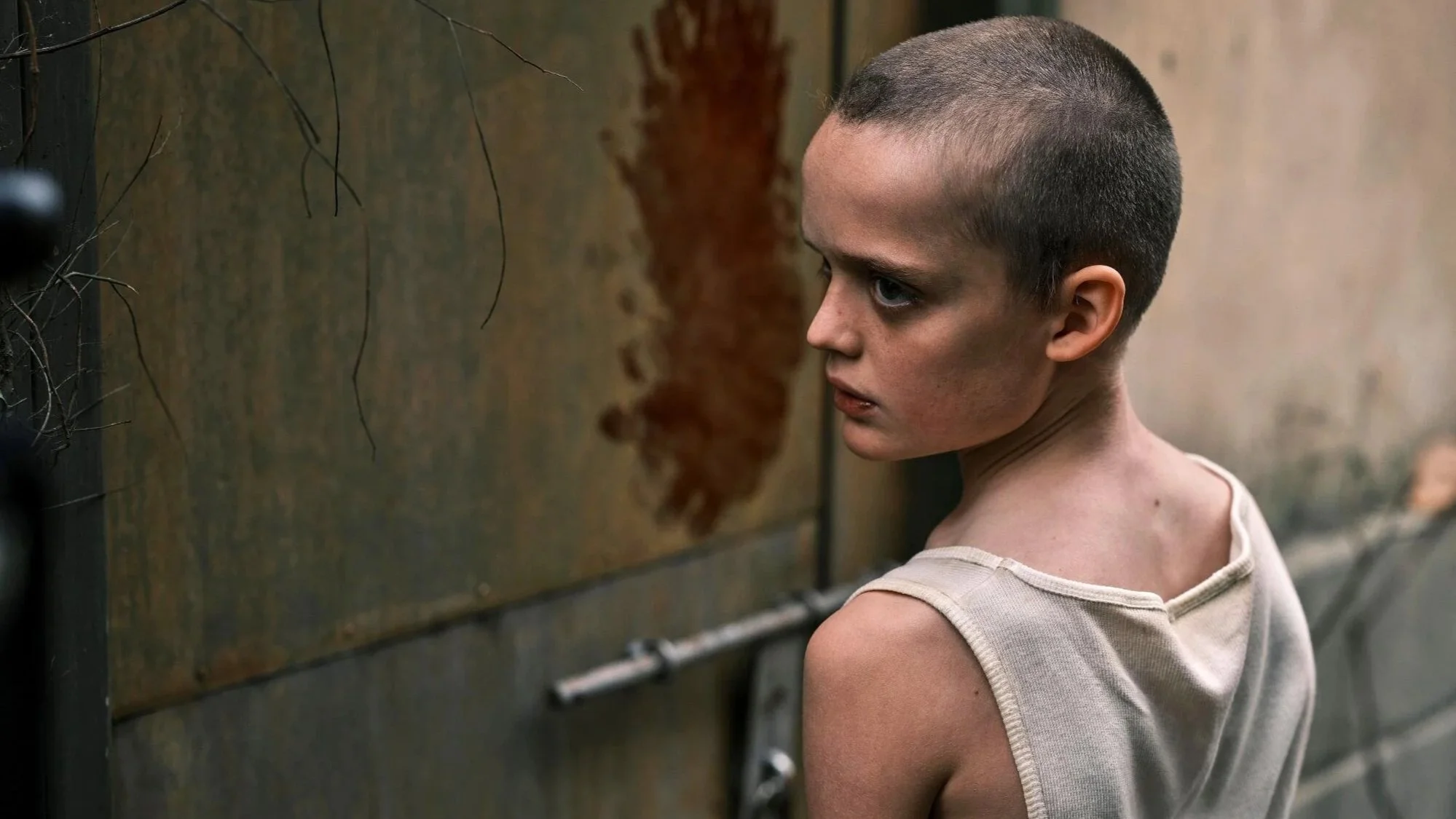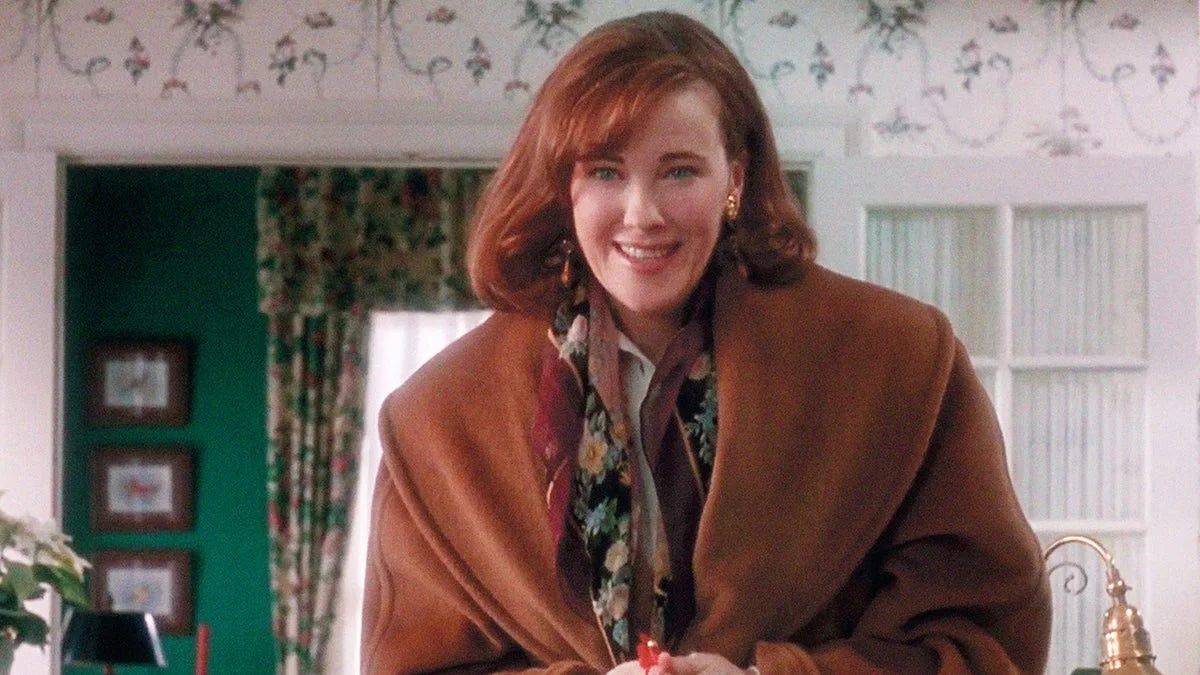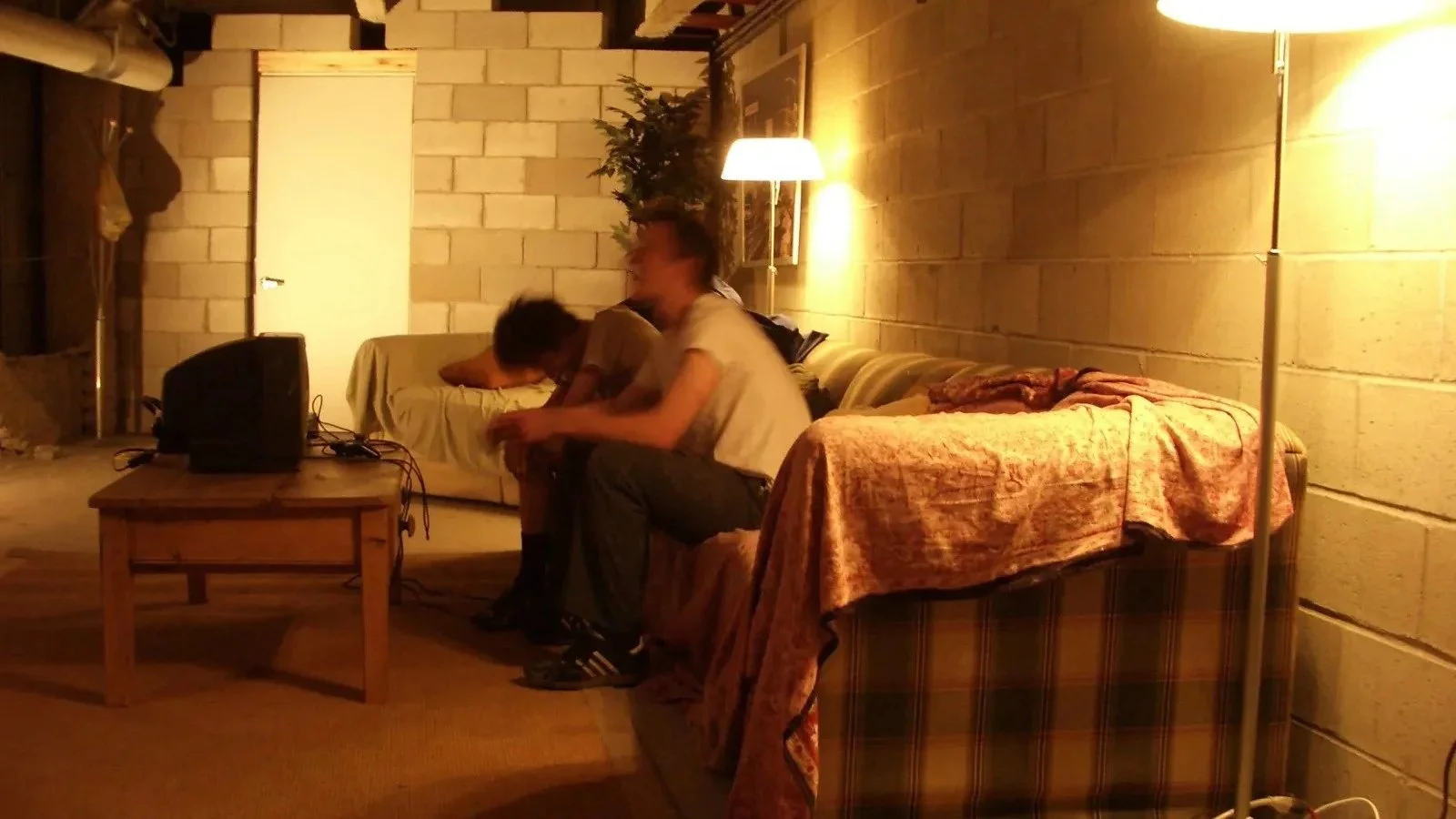Halloween Horror: Bring Her Back (2025)
In place of the flash and fun of Talk to Me, their possession thriller that was a hit in 2023, Danny and Michael Philippou have produced a real downer in Bring Her Back. A riff on the psycho-biddy horror subgenre (which is all about dangerously unhinged women), Bring Her Back is relentlessly bleak, putting the screws to its adolescent protagonists, and by extension the audience. It’s not for everyone, even amongst horror audiences, but it’s likely a more complete work than their previous film.
This steadiness is largely a result of Sally Hawkins’ performance as the central villain, Laura, a sad foster mom who lost a child and is now doing horrifying things to others in an attempt to bring her daughter back. In the film, Andy (Billy Barrett) and Piper (Sora Wong) are half siblings who lose their father in a tragic accident (their mothers are already out of the picture when the film begins). The opening sequence of them discovering their dad dead in the shower at home shows the film’s ruthless approach right from the top, forcing these characters to grieve over their dead father lying naked on the shower floor. And it only gets more gruesome from there.
Soon enough, Hawkins’ Laura becomes their foster mom and offers a seemingly benign, open, hippyish shoulder to cry on. But the Philippous don’t hide her villainy, rather mining the dramatic irony. We know she’s off from the moment we meet her, but the other characters don’t so we have to watch her gaslight them and manipulate them towards a horrifying end. The first half of the film is a domestic drama about gaslighting, with Laura messing with Piper and especially Billy to make them think that any discomfort they are experiencing is a result of their trauma over their father’s death. In a clever trick, the Philippous are manipulating the elevated horror playbook, which is always about evil as a metaphor for trauma; but here, Laura uses the teens’ obvious trauma as a means of psychological manipulation. When Billy thinks something’s off, Laura tries to convince him that he’s really just projecting his own guilt over his father’s death onto something or someone else. She tries to make him think that he cannot process the emotions of being unable to save his dad and is, ultimately, failing Piper as a result.
Both Barrett and Wong are strong as the leads, but the film truly leans the most on Hawkins. Hawkins is the quintessential goofy mom or mousy lovelorn woman on screen, perhaps best personified by her work in Mike Leigh’s Happy Go Lucky (2008) and Guillermo del Toro’s The Shape of Water (2017), for which she was nominated for Best Actress. The Philippous use her genial, vulnerable energy to create a compelling dramatic tension. We know her vulnerability is a desperate front, but it’s initially effective for the characters. If only they knew what we knew: she’s up to strange things at night, watching horrifying videos of murder and abuse that seemingly show satanic rituals. And therein lies the film’s diabolical, stomach churning effect.
If watching children in danger gets under your skin, boy do I have a film for you. As Laura puts her plan into action, Billy and Piper become pawns in a bizarre ritual involving her other foster son, Oliver (Jonah Wren Phillips). Mute, vacant, and sporting a close-cropped buzzcut, Oliver is a terrifying horror creation. Laura says that he’s been “off” since her daughter, Cathy, died, seemingly traumatized by his inability to save her—similar to how she manipulates Billy—but the cruelty goes deeper. Oliver is this dead-eyed, ambling husk of a person, lurking around in the background, doing Laura’s bidding, and being endlessly creepy to his new foster siblings. You know something’s going on with the kid and your heart breaks for him, but that doesn’t mean the Philippous have mercy on him. Far from it.
Oliver is subjected to horrifying degrees of mutilation over the course of the film, an ugly, embodied reminder of the burden of abuse that children bear when mistreated by their parents. Moments escalate shockingly, most notably a scene where Billy tries to prepare Oliver a snack and haphazardly passes a piece of fruit on the end of a chef’s knife. The sorts of violence that occurs in the film, often to Oliver, will likely test the endurance of many viewers, pushing them past the limits of cinematic fortitude. Watching people be tormented on screen is enough for many people, and watching a child be tormented often pushes too far past the limit.
But that’s the effective gambit of the Philippous’ work: that to truly engage the viewer and show the monstrosity of Laura’s manipulations, which could be shown as hokey and woo-woo, like magic in so many classic horror films, is in fact evil, blackened and rotten to the core. They don’t let us ever forget the reality of what abuse looks like, of the irreparable damage that people unleash on children in the world, even if it’s not satanic in literal fact. So, while Bring Her Back might be less enjoyable than Talk to Me, less flashy, less of a hoot to watch with a crowd of horror fans, it’s ultimately a film with a more lasting, disturbing impact.
7 out of 10
Bring Her Back (2025, Australia)
Directed by Danny and Michael Philippou; written by Danny Philippou and Bill Hinzman; starring Billy Barret, Sora Wong, Jonah Wren Phillips, Sally Hawkins.



Joe Carnahan’s cop thriller starring Matt Damon and Ben Affleck is an enjoyable whodunnit.